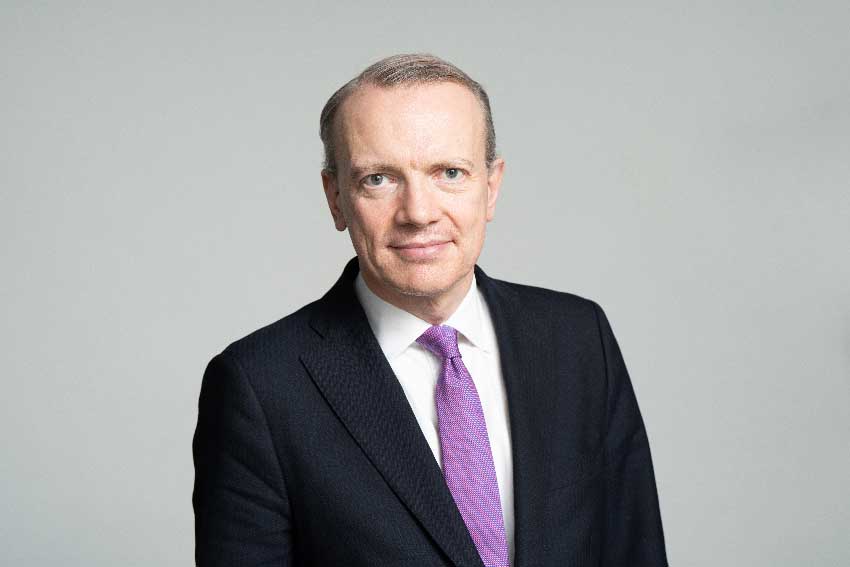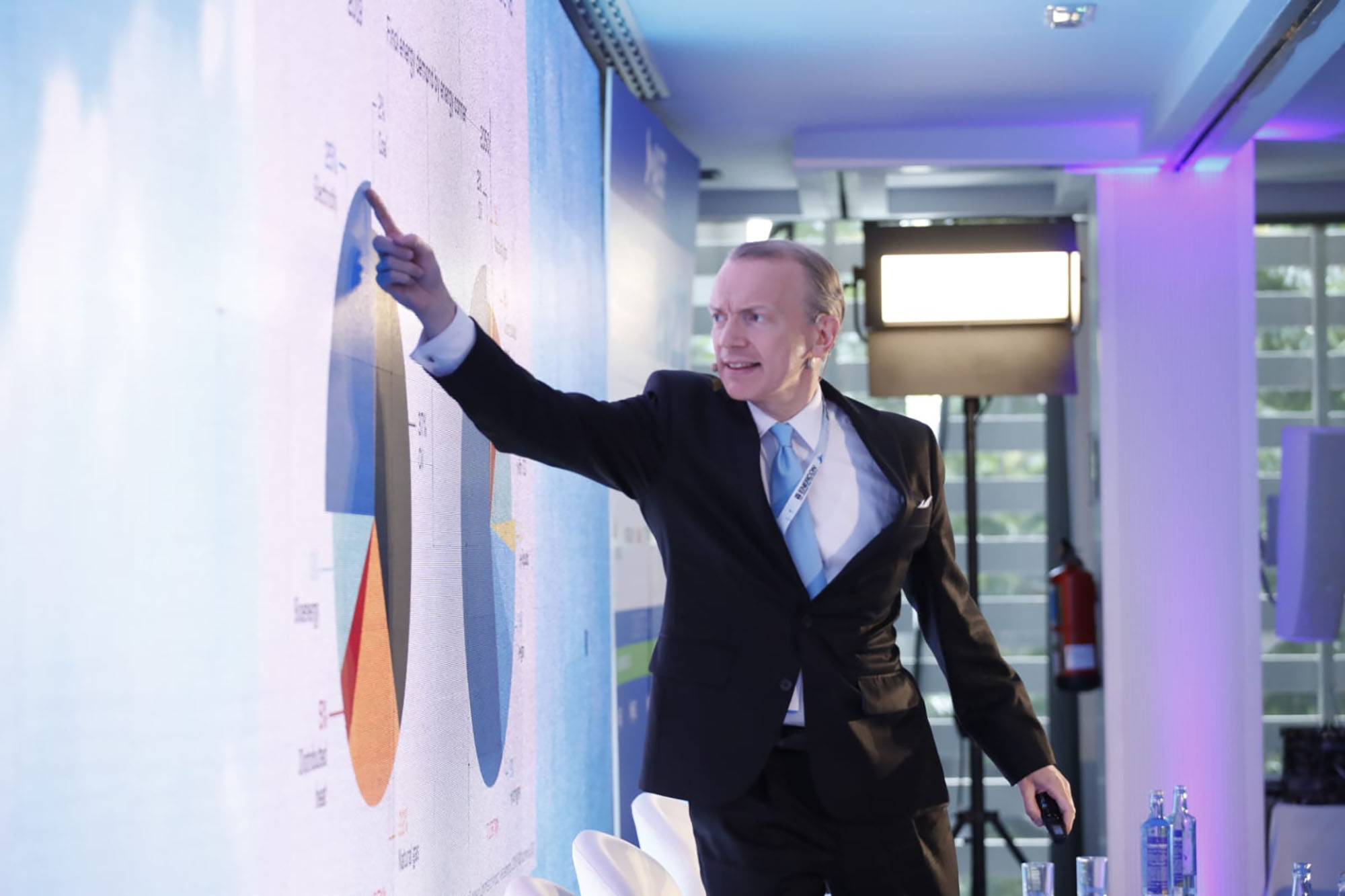WindEurope is the voice of the wind industry, actively promoting wind energy across Europe. The company has more than 500 company members from across the whole value chain of wind energy: wind turbine manufacturers, component suppliers, power utilities and wind farm developers, financial institutions, research institutes and the national wind energy associations.
Their mission is to promote the use of wind energy and the wider energy transition from imported fossil fuels to home-grown renewables.
Interview with Christoph Zipf, Press Manager at WindEurope.
Easy Engineering: What are the main areas of activity of the organization?
Christoph Zipf: Our advocacy work is aimed at the European institutions as well as the national Governments. We are collaborating with more than 30 national wind energy associations across Europe to get our voice heard. WindEurope also offers in-depth market intelligence and organises leading industry events. This year the WindEurope Annual Event will take place in Denmark, Copenhagen.
E.E: What’s the news for 2023 about new directions?
C.Z: 2023 will be a pivotal year for the European energy sector. The Russian invasion of Ukraine and the following energy blackmailing have created a new urgency to strengthen Europe’s energy security. The EU must reduce its fossil fuel imports and strengthen its domestic clean tech sectors. To this end the EU’s REPowerEU strategy is doubling down on competitive and reliable wind energy to deliver a large share of Europe’s future electricity mix. Today wind energy is 15% of all electricity consumed in Europe. By 2050 it will be as much as 50%. This means much more new turbines. It means investments in European production facilities. And it means investments in supporting infrastructure such as electricity grids, ports and vessels.

Christoph Zipf, Press Manager at WindEurope.
E.E: What can you tell us about market trends?
C.Z: In 2023 the European Commission will continue to rebuild its energy system. The EU will speed up the permitting of new wind energy projects, currently the main bottleneck to the expansion of wind energy. The Eu will also propose a new electricity market design. This design should ideally incentivise investments in new renewable capacity and ensure that wind turbine operators have a clear and reliable businesses case. It should also incentivise investments in flexibility options, such as battery storage, demand-side management or renewable hydrogen. The new electricity market design will be the key lobby battle in 2023. It will set the foundation for the further expansion of renewables in Europe.
Aside from that there are other important policy initiatives. The European Union will present an EU Critical Raw Materials Act to increase the domestic sourcing and refining of critical raw materials needed for the green transition. Today the EU is overly dependent on importing these materials.
With the Green Deal Industry Act the European Union aims to strengthen its industrial policy and strengthen Europe’s industrial base for clean tech. The EU has understood that the competition for global technology leadership in wind energy has become fiercer. China has caught up and the US have presented a strong industrial incentive programme, the US Inflation Reduction Act. The EU must emulate this good policy measure if it wants to maintain a global leader for wind energy.

Giles Dickson
E.E: What estimations do you have for 2023?
C.Z: The wind energy supply chain in Europe is struggling as a result of inflation and Covid-induced supply chain disruptions. But the industry is key to delivering the EU’s Green Deal plans and ensure that Europe can be climate-neutral by 2030. This year will be dominated by industrial policy. The EU will seek to react to Chinese and US competition for clean tech leadership.
We will also speak a lot about education and skills. The EU has also understood that skilled workers are essential to delivering the energy transition. Today the European wind industry employs 300,000 people. Already by 2030 this number is estimated to grow to 450,000. At the same time other clean tech industries like solar, batteries, heat pumps also need more skilled workers. Therefore, the European Union has made 2030 the „European Year of Skills”.

